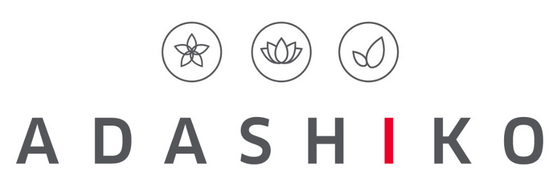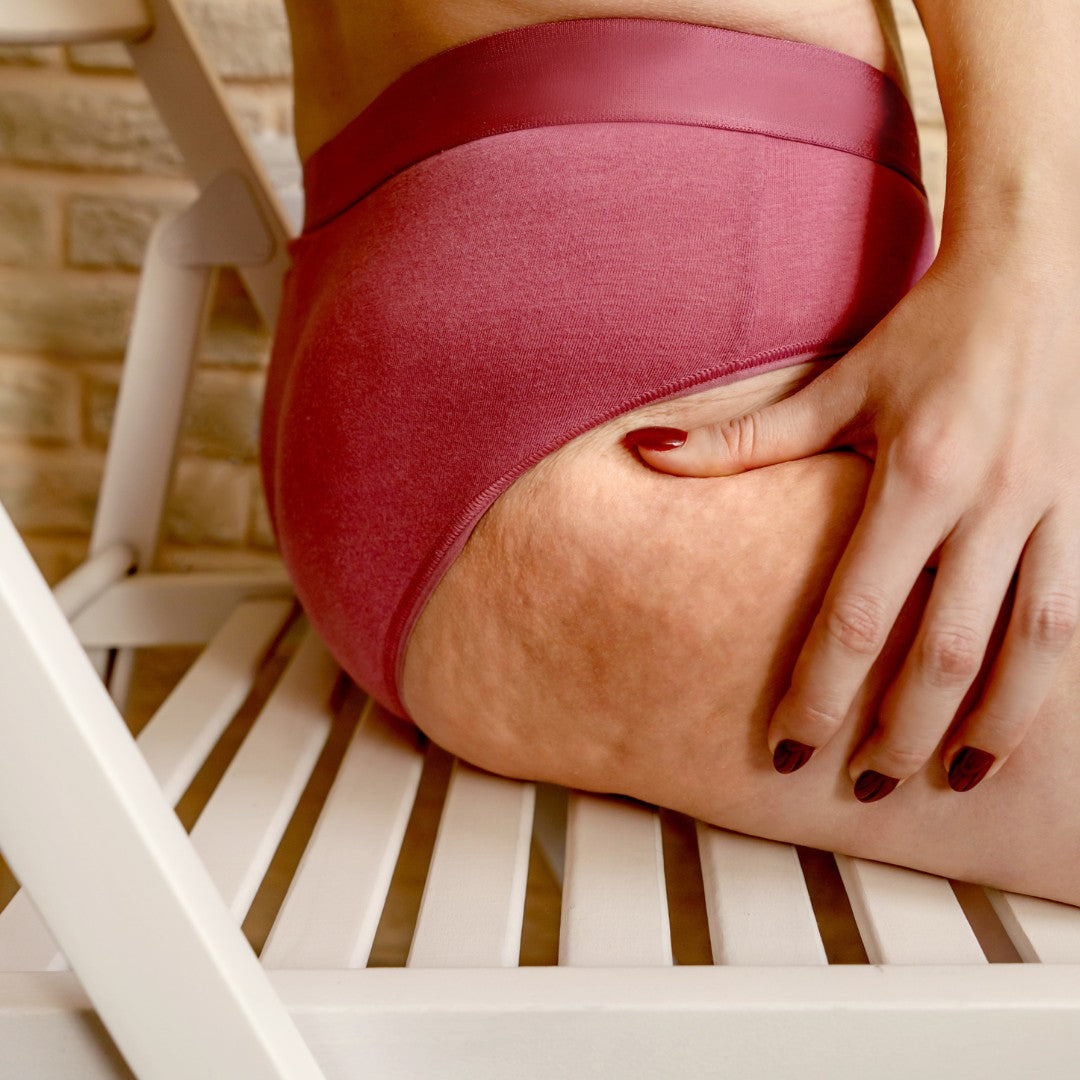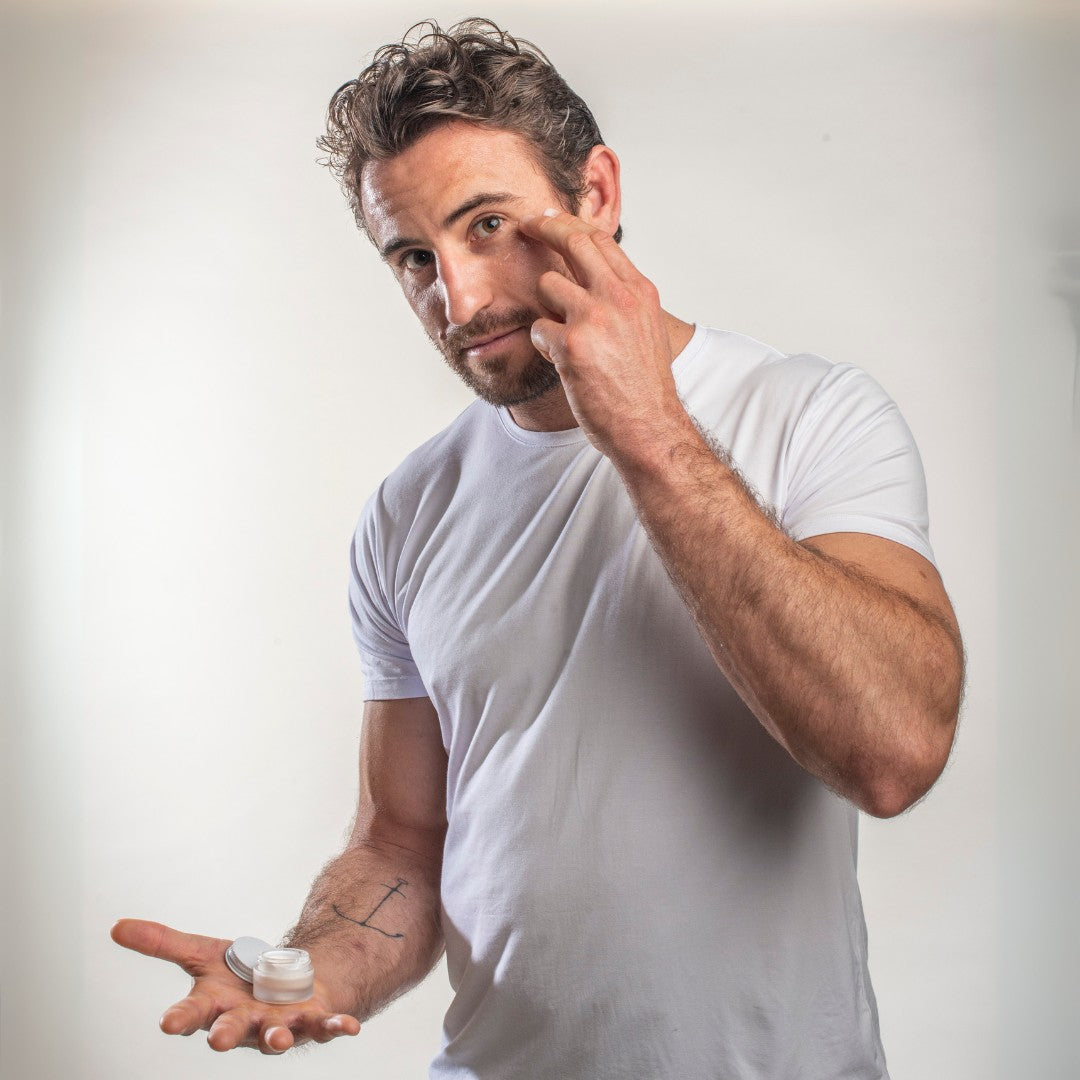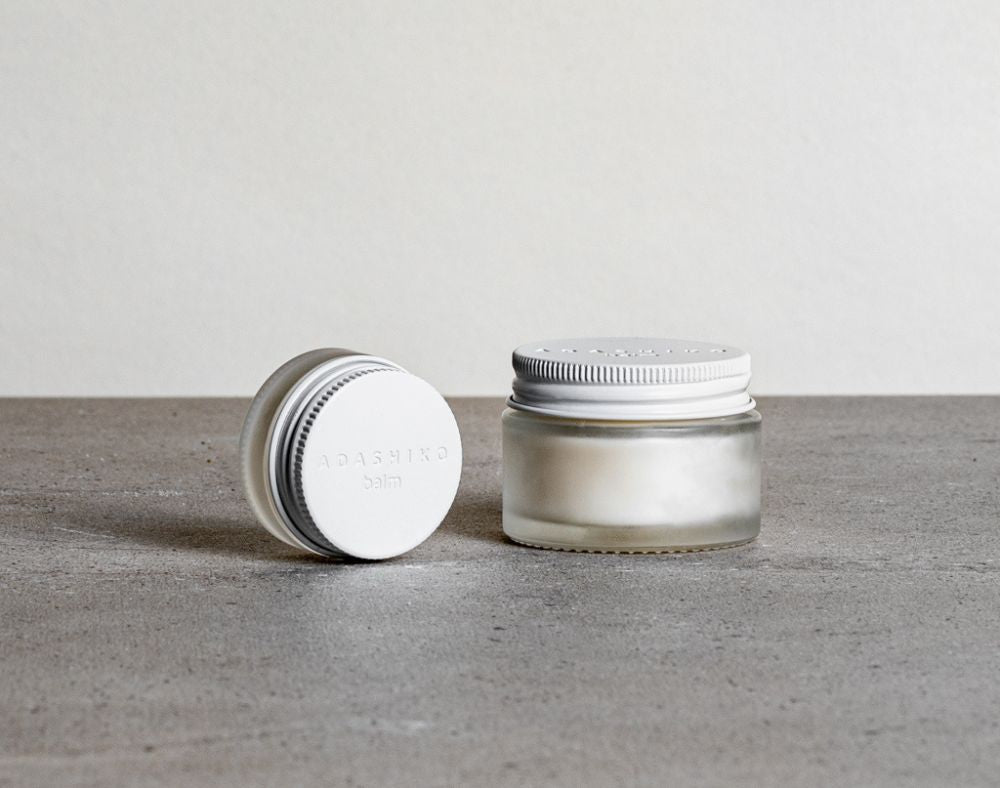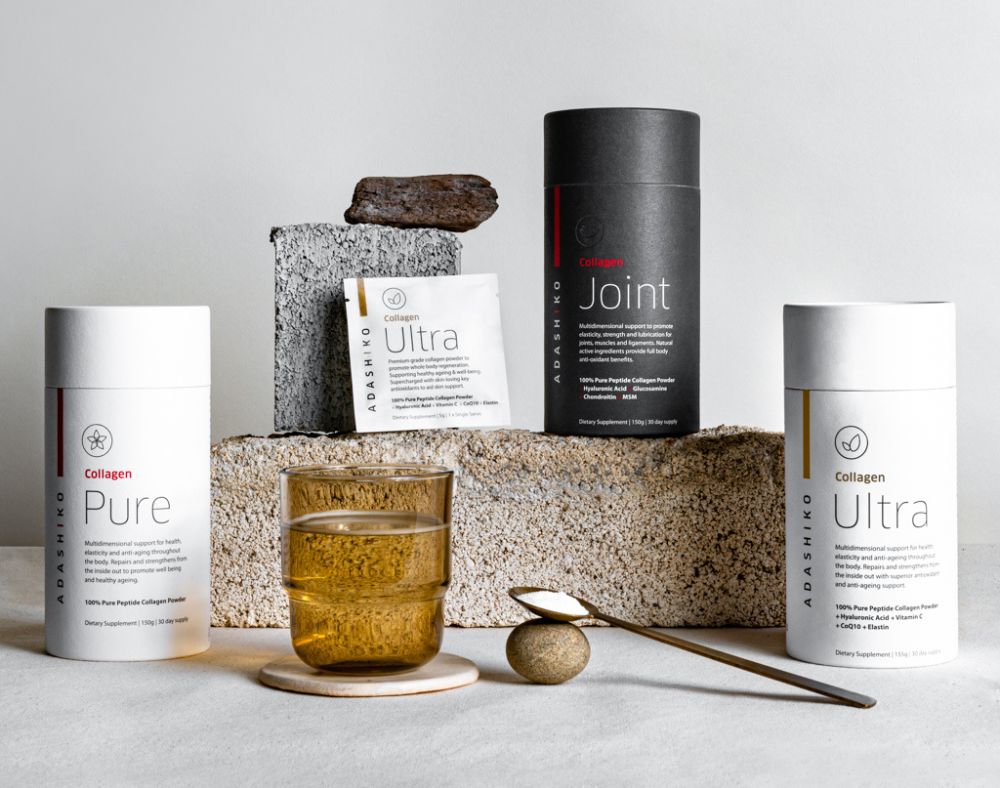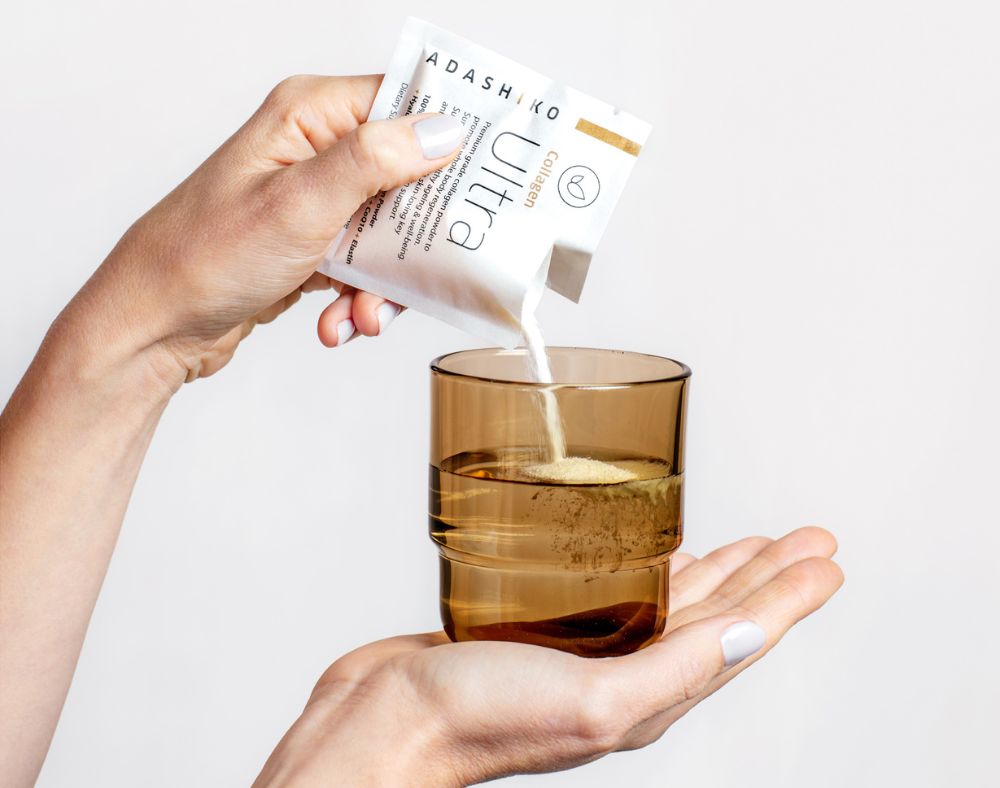Blue Light And Skin Ageing
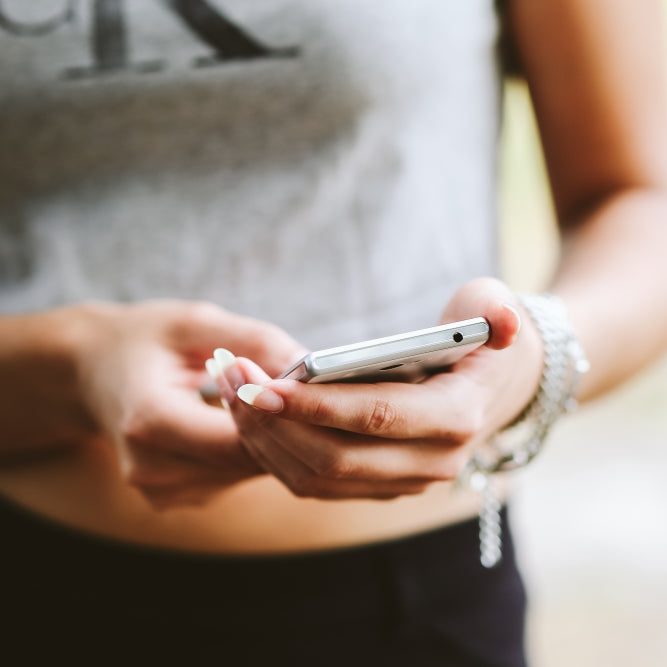
We're all aware of the aging effects of sunlight, but did you know that your devices could be causing skin damage as well?
What is blue light, exactly?
From Wikipedia: "Blue light is a range of the visible light spectrum, defined as having a wavelength between 400−495 nm. This short wavelength means that blue light is a type of high-energy visible light, defined as having a wavelength between 400 and 450 nm.
Blue light sources are becoming increasingly common in today's environment. Exposure to blue light comes from a variety of technologies, including computers, televisions, and lights. Much of the exposure arises from light-emitting diodes (LEDs)."

Blue light is known to disrupt sleep - we're all told to stay off our screens before bed - but it can also affect our skin and eyes. The largest source of blue light is, in fact, the sun, but the issue with screens is that we are up close and personal to the blue light rays, some of us for hours every day.
With short, high energy wavelengths, blue light can deeply penetrate the skin and create free radical damage (aka. ageing).
In a 2012 study, blue light was found to increase certain enzymes that degrade collagen, in turn causing skin wrinkling and ageing. So what can we do to minimise the effects? Unfortunately, sunscreen doesn't fully protect against blue light - but topical and internal antioxidants can help.

Using a potent skin serum every day will not only help with the blue light issue, it will help to reduce and prevent the signs of ageing. Adashiko Collagen + Noni Gel contains Noni Extract, a potent antioxidant that is rich in vitamins and minerals. It calms and soothes the skin, and has anti-bacterial properties to reduce and heal breakouts.

Protect and maintain your collagen stores with a quality peptide collagen powder. Adashiko Ultra contains Vitamin C - a potent antioxidant - to help fight blue light damage and collagen degradation, alongside peptide collagen, elastin, and hyaluronic acid. It's a bestseller for a reason!
Use a blue light blocking app on your phone and computer, and avoid blue light for at least an hour before bed to prevent sleep disruption.
Blue light filtering glasses are becoming popular (and some of them are pretty cute, too). If you're in an office environment around a lot of screens, these would be a fabulous option to protect your eyes.
